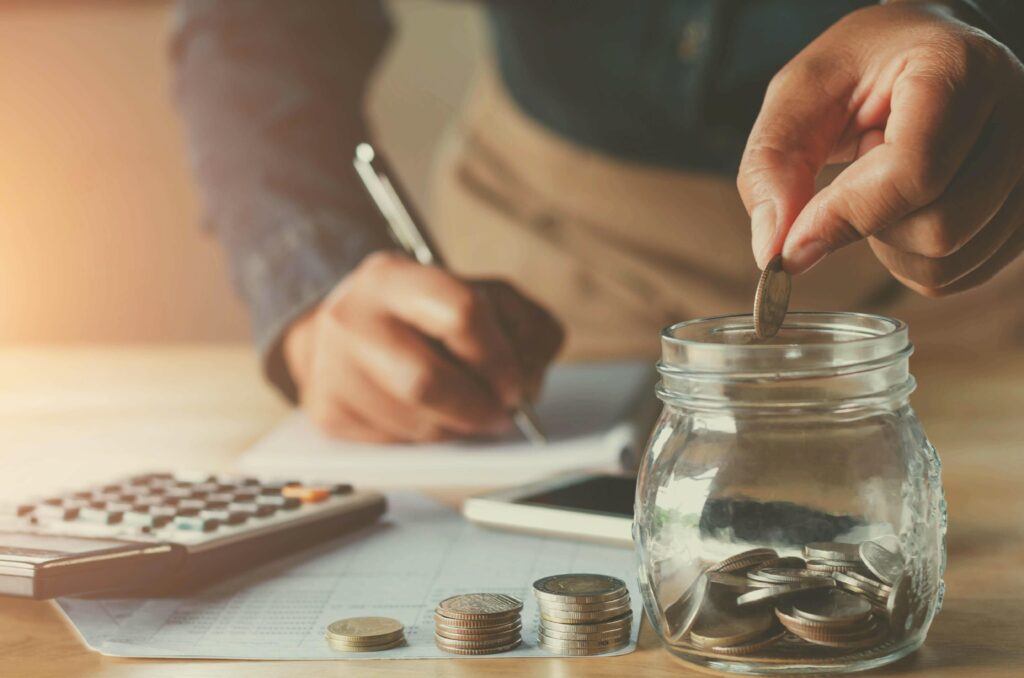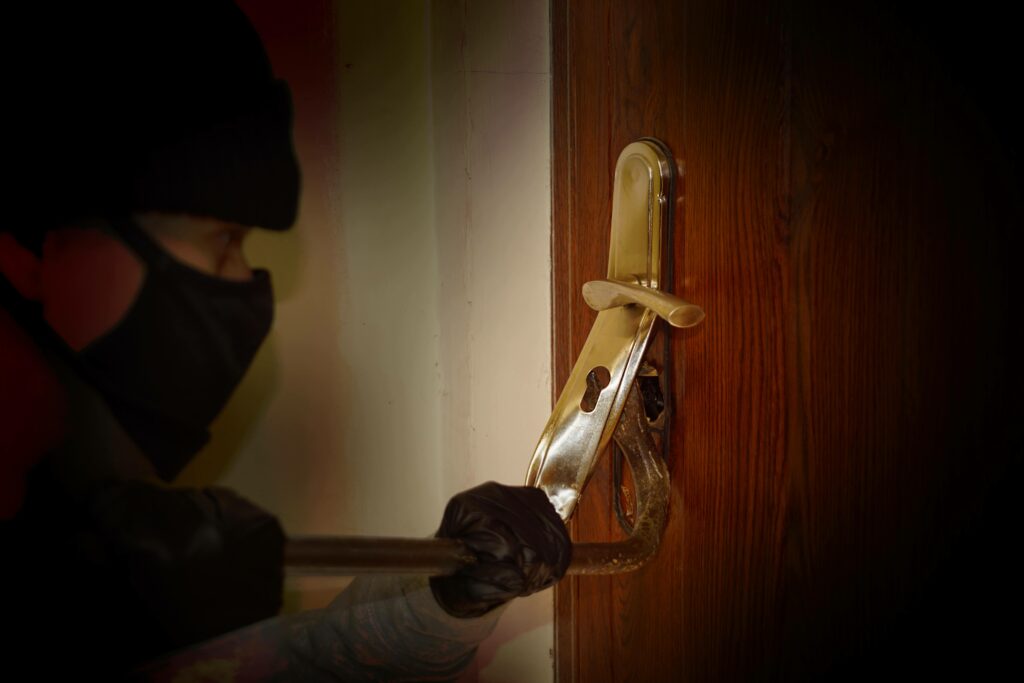Moving into an apartment is one of the strangest feelings, a mixture of relief, excitement, and nervousness. You have been monitoring your expenses, keeping to a budget, and feel prepared to sign the lease; however, no matter how much preparation you put in, tenants, both veterans and rookies alike, sometimes get blindsided by expenses that they either never had to pay or never knew existed until it is too late. Educate yourself on the common fees that are expected to be paid by a renter following the signing of a lease.
Additional Rent Up Front
Moving into an apartment is expensive! After signing a lease, you should be prepared to pay your first month’s rent as well as your last month’s rent. This means you will be expected to pay double your monthly rent right away. It seems kind of crazy, but a landlord has to protect themselves from bad tenants, which means they need your last month’s rent before you have the opportunity to move yourself out without paying it. While this is a good chunk of change up front, on the bright side, one sixth of your rent for the year has already been paid. Furthermore, when it comes time to move out, as your last month has been paid for, you can use the money that would have gone to last month’s rent and use it for your new apartment’s first and last month’s rent.
Security Deposit
Each landlord has their own security deposit policy. A standard security deposit is equal to one month’s rent, but it is not uncommon to be two month’s rent. Simply put, by this point, following the signing of your lease agreement, you will be expected to pay at least three, if not four, times the amount of one month’s rent. For example, if one month’s rent is six hundred dollars, you should have at least one thousand eight hundred dollars saved and ready to pay your landlord for first and last month’s rent and security deposit. However, if your security deposit is two month’s rent, then with this example you would be expected to pay two thousand four hundred dollars. Yeah, apartments are expensive! As long as you do not damage your apartment unit, you should plan on seeing your deposit returned to you, hence its name. Depending on the state you live in, your landlord may be obligated to hold your security deposit in an account that builds interest, which means when your deposit is returned to you, you may end up receiving more than what you paid. On the flipside, if you damage your apartment and will not see your deposit returned to you, your landlord sees a profit from your deposit. At the end of the day, the best way to set yourself up for success is to be prepared to pay a security deposit that is equal to two month’s rent. If that is unrealistic for you to budget, you should at least have a security deposit equal to one month’s rent in your savings account ready to be paid to your landlord.
Broker’s Fee
As long as you do not use the help of a broker to find your apartment, you will not have to pay a broker’s fee. If you do have a broker help you hunt for an apartment, you will be expected to pay them their cut after you sign a lease. A standard broker’s fee is ten percent of one year’s rent or one month’s rent but is open for negotiation. Still using the six-hundred-dollar monthly rent example, this would mean that you would be expected to pay anywhere from six hundred to seven hundred twenty dollars to the broker. If you use a broker, you should plan to have another month’s rent set aside and ready to pay. All day, still using the six-hundred-dollar example, this means you would be paying twelve hundred dollars to your landlord for first and last month’s rent, six hundred or twelve hundred dollars to your landlord again for the security deposit, and then six hundred to seven hundred twenty dollars to the broker. At the low-end, you would be paying two thousand four hundred dollars when you move in. On the high end, you might be required to pay three thousand one hundred twenty dollars. And you thought the headache was over after signing the lease!
Moving Fees
There is no way to move without spending money. If you hire professionals to do all the moving for you, expect to pay a good amount of money for their services as well as a tip. If you decide to do it yourself, you may need to rent a truck or at the very least hire your friends or family, which makes you responsible for compensating their time and effort with money or a meal, depending on your relationship. Any way you slice it, you will end up paying some sort of fee, whether it is monetary or nourishment, for getting your belongings moved.
Off-Site Storage Fees
Space is the hottest commodity in an apartment unit, and if you have acquired a decent number of possessions, you may quickly realize your apartment unit cannot accommodate all that you own. It is popular for tenants to find a storage facility near their apartment to house their nonessential items. If you know your apartment will not be able to house all that you own, you should try and sell as many items as you can part with. This way, you will be able to make money and possibly eliminate the need for off-site storage. If you cannot part with your belongings, then you will need to add off-site storage to your budget.
Additional Fees
The fees mentioned above are not the only fees you may be subjected to. If you have a pet, it is common practice to pay an extra security deposit known as a “pet deposit”. Sometimes, having a pet in your apartment will also require you to pay an increased monthly rent on top of the pet deposit. It is imperative to speak with your landlord and be aware of all possible fees so you are able to budget correctly prior to moving in and signing the lease agreement.








